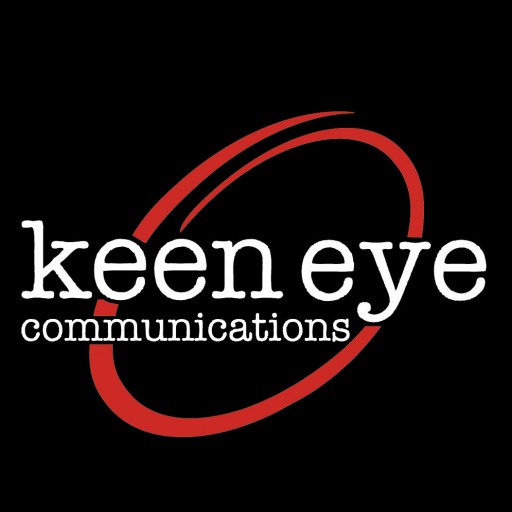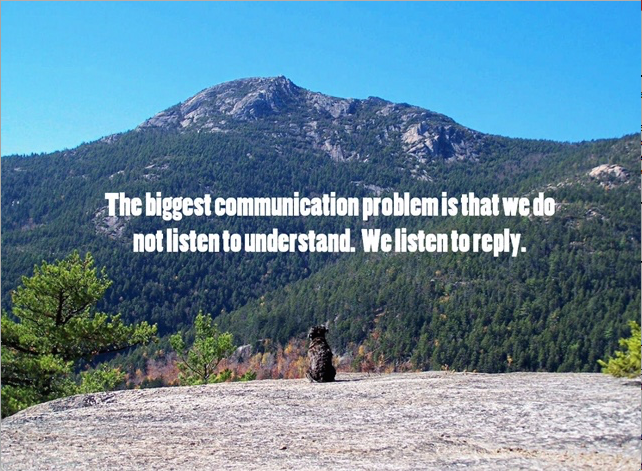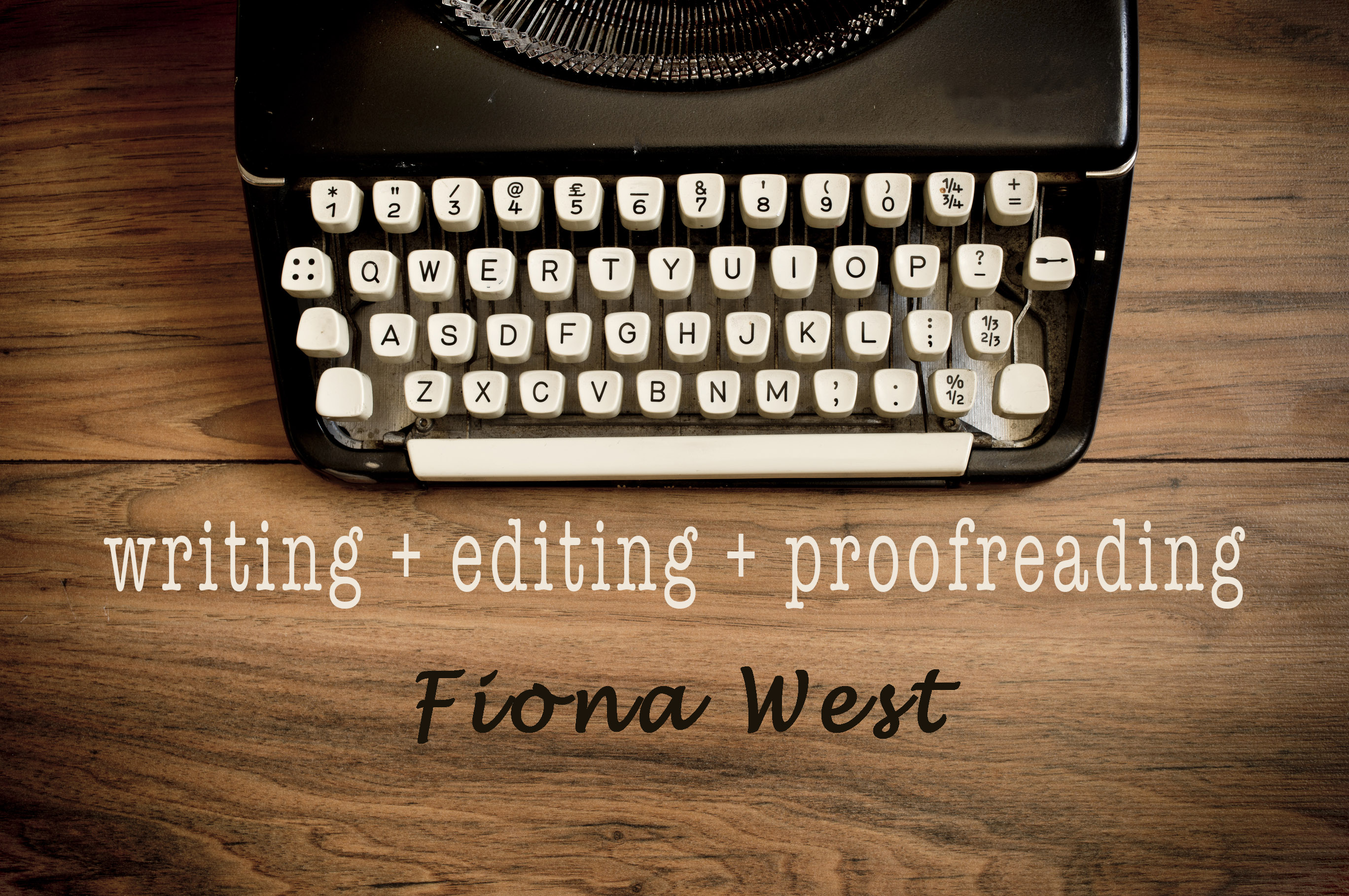
Writing
We have experience in all types of writing, from news, features and profiles to reports, website content and promotional material.
Editing + Proofreading
With a keen eye for correct spelling, grammar and word usage, we ensure your copy is consistent, clear and error-free.
Training
Our short courses for individuals and businesses show you how to use words and communication tools to your advantage.
Articles
Keep up to date with our latest articles and blog posts, from what’s happening in the media to news and current affairs, along with whatever else has captured our attention.
About
These days everyone is a writer. We all have access to free online publishing tools that allow us to promote and preserve our interests, opinions and lives on a daily – and even minute-by-minute – basis.
With this type of writing authors can be excused for mixing their tenses, dropping an apostrophe or splitting the infinitive.
“Splitting the what?” Relax … that’s what professional writers are for. We are here to ensure your published work is getting noticed for its amazing content, rather than poor grammar and spelling mistakes.
I have been in the business of writing for more than 25 years. I’ve worked as a journalist, proofreader and editor across newspapers, magazines and websites for the media, individuals, business and government.
I now work with journalism students, passing on the age-old lessons in good grammar with a contemporary approach, while embracing the exciting opportunities of new technologies, such as digital and social media.
I look forward to helping you with your writing needs.
Fiona West
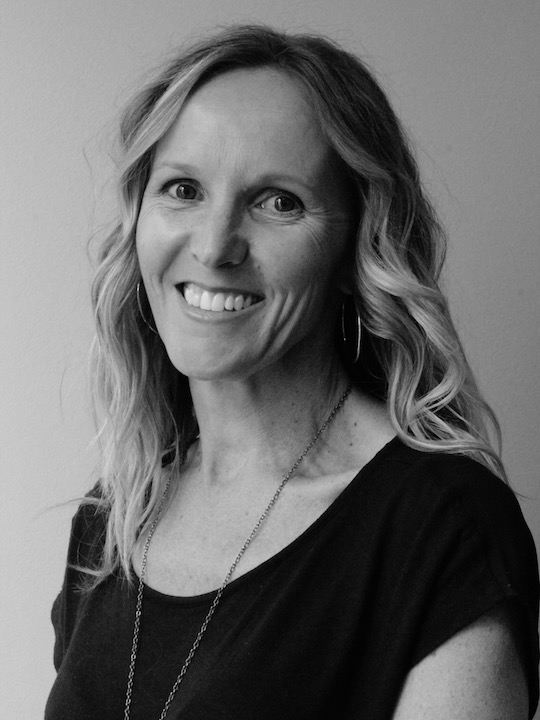
“There is no substitute
for quality writing”
Latest Articles
Keep up to date with all of our latest articles and blog posts
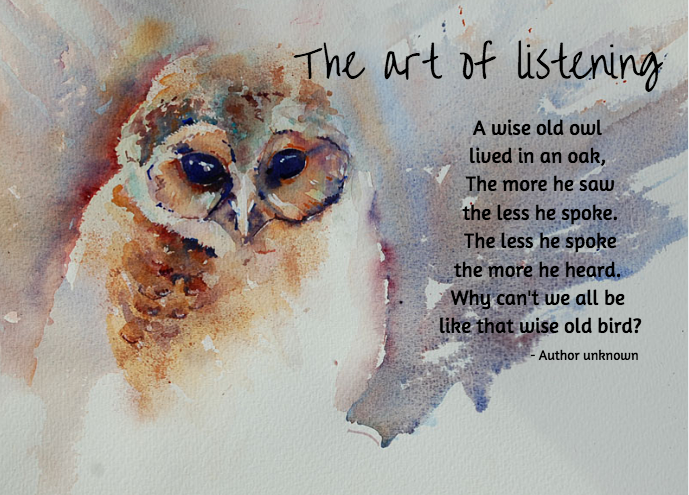
Learning to listen
I recently saw this post on Facebook and it resonated with me as I had just been discussing “the art of listening” with my journalism students.
It said: “The biggest communication problem is that we do not listen to understand. We listen to reply.”
Yep. Ask someone a question about something you really want to talk about, wait politely as they answer while nodding them along, all the while internally prepping yourself to unleash the story you are much more interested in hearing – your own.
Only problem is, you’ve heard it all before, like playing the same old song over and over, so you have nothing to gain from this one-way communication flow, especially if it is a habit to which you’ve become accustomed – and perhaps one you’ve even become renowned for.
Who hasn’t been in a social situation where you’ve spent an hour with someone and come away feeling like you said three words while they’ve “information dumped” on you, telling you their life story? If you are a journalist, congratulations! This would be a successful interview. But for most of us, it is simply bad manners and boring.
Interesting people are interested people. They listen and they hear; they learn and they grow. And hearing and listening are not the same thing. Research suggests we remember only 25-50 per cent of what we actually hear. I guess that’s where the term “selective hearing” comes from.
Real listening takes effort and patience. It requires you to put your ego aside and put the other person first. It breeds empathy and understanding. And it can be absolutely fascinating.
As former journalist and great novelist Ernest Hemingway once said: “I like to listen. I have learned a great deal from listening carefully. Most people never listen.”
“I like to listen.
I have learned a great deal from listening carefully.
Most people never listen.”
-Ernest Hemingway
Good journalists need to be exceptional listeners. It is rarely a prepared question that gets the most out of an interview subject, and more often the follow-up question to the interviewer’s response. Or sometimes just the silence.
A pause can be a powerful and effective tool in media interviews. Australian journalist and academic Stephen Lamble claims that used intelligently and sparingly but in the right places, people often feel the need to “fill the gap” with a telling comment.
Andrew Denton is one of my favourite interviewers of all time. On his former ABC interview show Enough Rope guests like Bono and Bill Clinton would bare their souls to him, usually unexpectedly, without him having to forcibly push or probe like other television hosts. He gained their trust by respectfully listening to them and feeding back questions based on their responses. He put them at ease almost immediately and made them feel comfortable by offering empathy and compassion, through stillness rather than noise.
Watching Denton’s program always felt more like eavesdropping on a really interesting conversation between two people than a broadcast interview between a journalist and the talent in a room full of people. Even seasoned award-winning interviewer Michael Parkinson was forced to admit to the audience from the Denton couch: “He’s good!”
Let’s hope that in this information-rich world made up of interesting people with interesting stories we have not lost the art of listening. It is one of life’s simple tools that we can all use to make our own lives even more interesting, both to others and ourselves. – By Fiona West
No Results Found
The page you requested could not be found. Try refining your search, or use the navigation above to locate the post.
